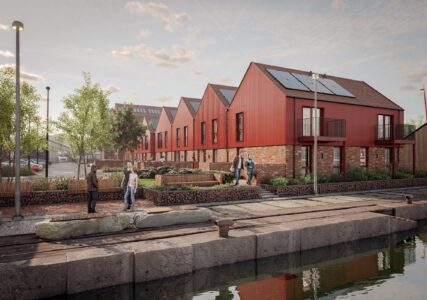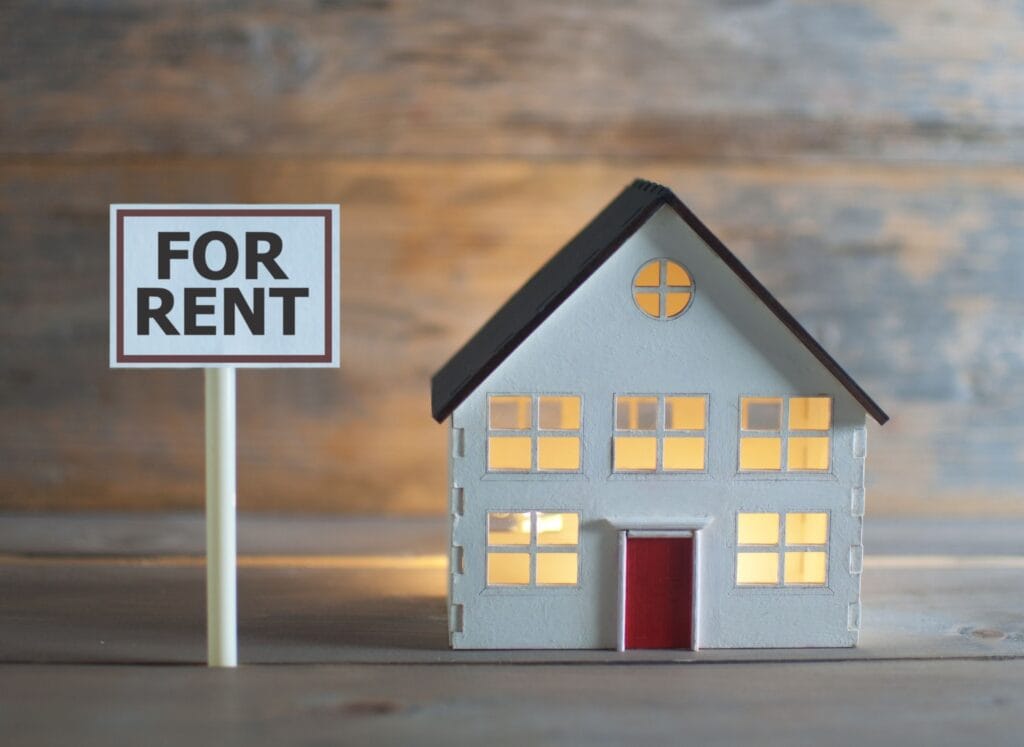The rise of Airbnb has revolutionised the travel and accommodation industry, offering a flexible and lucrative alternative to traditional rental properties. For buy-to-let property investors, the Airbnb model presents an appealing opportunity to maximise rental income and diversify their investment portfolios. In this article, we will explore why the Airbnb model is such a common approach for buy-to-let property investors, examining its benefits, challenges, and the factors that contribute to its popularity.
Understanding the Airbnb Model
Airbnb allows property owners to rent out their homes or individual rooms to travellers on a short-term basis. Unlike traditional rental properties, which typically involve long-term leases, Airbnb rentals are often booked for a few days to several weeks. This flexibility enables property owners to cater to a diverse range of guests, from holidaymakers to business travellers.
Benefits of the Airbnb Model for Buy-to-Let Investors
- Higher Rental Income: One of the primary reasons buy-to-let investors are drawn to the Airbnb model is the potential for higher rental income. Short-term rentals can command higher nightly rates compared to long-term leases, especially in high-demand areas or during peak travel seasons. For example, a one-bedroom apartment in Los Angeles can generate significantly more income through short-term bookings than through a traditional 12-month lease.
- Flexibility: The Airbnb model offers greater flexibility for property owners. Investors can adjust their rates based on demand, set their own booking rules, and choose when to make their property available. This level of control allows investors to optimise their rental income and manage their property according to their preferences.
- Diversified Tenant Base: By catering to short-term guests, Airbnb hosts can attract a diverse range of tenants, including tourists, business travellers, and temporary residents. This diversification reduces the risk associated with relying on a single long-term tenant and ensures a steady stream of rental income.
- Personal Use: The flexibility of the Airbnb model also allows property owners to use their property for personal purposes when it is not booked. This is particularly appealing for investors who want to enjoy their property during holidays or special occasions.
Challenges of the Airbnb Model
While the Airbnb model offers numerous benefits, it also comes with its own set of challenges:
- Higher Upfront Costs: Setting up an Airbnb property requires a significant initial investment. Property owners need to furnish and equip their homes with amenities such as furniture, toiletries, and kitchen supplies. Additionally, they may need to invest in marketing and property management services to attract guests and maintain high occupancy rates.
- Active Management: Managing an Airbnb property can be more time-consuming than managing a traditional rental. Hosts need to handle bookings, check-ins, and check-outs, as well as address any issues that arise during a guest’s stay. This level of involvement requires a commitment to providing excellent customer service and maintaining the property.
- Fluctuating Demand: The demand for short-term rentals can fluctuate based on factors such as seasonality, local events, and economic conditions. Property owners need to be prepared for periods of lower occupancy and adjust their pricing strategies accordingly.
- Regulatory Compliance: Airbnb hosts must navigate various regulations and legal requirements, which can vary by location. These may include zoning laws, licensing requirements, and tax obligations. Staying compliant with these regulations is essential to avoid fines and legal issues.
Factors Contributing to the Popularity of the Airbnb Model
Several factors contribute to the widespread adoption of the Airbnb model among buy-to-let property investors:
- Growing Demand for Short-Term Rentals: The popularity of short-term rentals has surged in recent years, driven by the increasing number of travellers seeking unique and personalised accommodation experiences. Airbnb’s user-friendly platform and extensive reach have made it easier for property owners to tap into this growing market.
- Technological Advancements: Advances in technology have streamlined the process of managing short-term rentals. Platforms like Airbnb provide tools for listing properties, handling bookings, and communicating with guests. Additionally, property management software and services can help hosts automate tasks and optimise their operations.
- Economic Benefits: The potential for higher rental income and capital appreciation makes the Airbnb model an attractive investment strategy. By leveraging the flexibility and profitability of short-term rentals, investors can achieve better returns on their investment compared to traditional rental properties.
- Changing Travel Trends: The rise of remote work and digital nomadism has led to an increase in demand for short-term rentals. Many professionals now seek temporary accommodation in different cities, making Airbnb properties an appealing option for both leisure and business travellers.
Case Studies: Successful Airbnb Investments
To illustrate the potential of the Airbnb model, let’s look at a couple of case studies:
- Urban Apartments: In cities like London and New York, investors have successfully transformed urban apartments into profitable Airbnb rentals. By offering well-designed, centrally located properties, hosts can attract a steady stream of tourists and business travellers. The higher nightly rates and consistent demand in these cities result in substantial rental income.
- Vacation Homes: In popular holiday destinations such as the Lake District or Cornwall, investors have converted vacation homes into Airbnb properties. These homes offer unique experiences and scenic views, attracting holidaymakers seeking a relaxing getaway. The seasonal demand and premium rates during peak travel periods contribute to impressive returns on investment.
The Airbnb model has become a common approach for buy-to-let property investors due to its potential for higher rental income, flexibility, and diversified tenant base. While it comes with challenges such as higher upfront costs and active management, the benefits often outweigh the drawbacks for many investors. Factors such as growing demand for short-term rentals, technological advancements, and changing travel trends have further contributed to the popularity of the Airbnb model.
By understanding the dynamics of the Airbnb market and leveraging its advantages, buy-to-let property investors can achieve significant returns on their investment and diversify their income portfolios. As the travel and accommodation industry continues to evolve, the Airbnb model remains a compelling and lucrative option for property investors,









